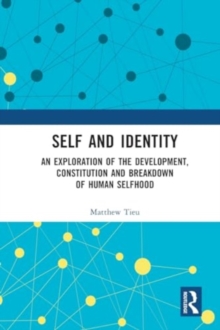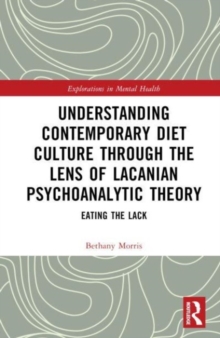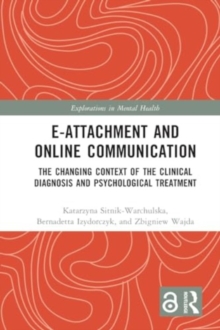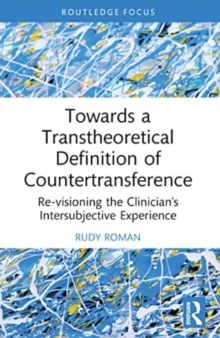
Psychological Approaches to Understanding and Treating Auditory Hallucinations : From theory to therapy PDF
Edited by Mark (University of Sussex, UK) Hayward, Clara (University of Surrey, UK) Strauss, Simon (Macquarie University, Australia) McCarthy-Jones
Part of the Explorations in Mental Health series
Description
This book draws on clinical research findings from the last three decades to offer a review of current psychological theories and therapeutic approaches to understanding and treating auditory hallucinations, addressing key methodological issues that need to be considered in evaluating interventions. Mark Hayward, Clara Strauss and Simon McCarthy-Jones present a historical narrative on lessons learnt, the evolution of evidence bases, and an agenda for the future.
The text also provides a critique of varying therapeutic techniques, enabling practice and treatment decisions to be grounded in a balanced view of differing approaches.
Chapters cover topics including: behavioural and coping approaches cognitive models of voice hearing the role of self-esteem and identity acceptance-based and mindfulness approaches interpersonal theory. Psychological Approaches to Understanding and Treating Auditory Hallucinations brings together and evaluates diffuse literature in an accessible and objective manner, making it a valuable resource for clinical researchers and postgraduate students.
It will also be of significant interest to academic and clinical psychologists working within the field of psychotic experiences.
Information
-
Download - Immediately Available
- Format:PDF
- Pages:198 pages, 11 Tables, black and white; 4 Line drawings, black and white
- Publisher:Taylor & Francis Ltd
- Publication Date:15/12/2014
- Category:
- ISBN:9781317622277
Information
-
Download - Immediately Available
- Format:PDF
- Pages:198 pages, 11 Tables, black and white; 4 Line drawings, black and white
- Publisher:Taylor & Francis Ltd
- Publication Date:15/12/2014
- Category:
- ISBN:9781317622277










